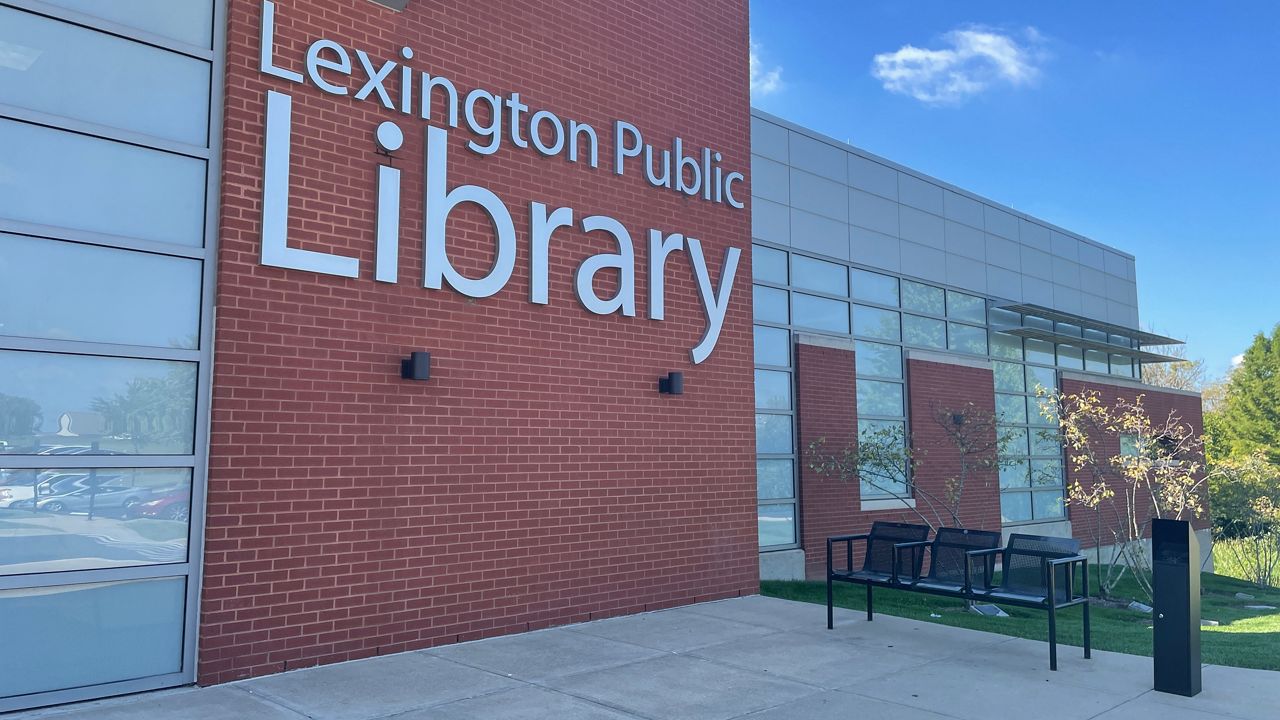KENTUCKY — A recent study from the National Institute on Drug Abuse at the National Institutes of Health analyzed overdose data and death certificates from four states: Kentucky, Ohio, Massachusetts and New York. It found that the rate of opioid deaths among Black people increased by 38% from 2018 to 2019, while rates for other racial and ethnic groups did not rise.
"I think alot of that has to do with the access to treatment. The barriers that there may be to the in treatment. Those barriers play a major role in the lack of access and opportunity for Black Americans," explained Aquarius Young, VP of residential operations with Addicition Recovery Care (ARC).
During this In Focus Kentucky segment, Young, who is in long-term recovery, disusses his role working on the frontlines of the addiction crisis and, given his personal experience with substance use, has a very unique perspective into these issues.
ARC has more than 38 addiction treatment centers in 16 eastern and central Kentucky counties. The organization is headquartered in Louisa, Kentucky and offers a full continuum of care including withdrawal management, long-term residential treatment, intensive outpatient, outpatient, medically assisted treatment (MAT), vocational rehabilitation and job training. The treatment centers are holistic with CARF-accredited clinical programs, medical services directed by an addiction psychiatrist, a spiritual emphasis that includes the 12 steps and chaplaincy care and a broadening scope of vocational training opportunities for clients.
ARC also has a special focus on providing treatment on demand to ensure people receive treatment immediately without delay. This process includes quick enrollment into programs and transportation provided by ARC. Individuals will have a clinical and medical assessment within 24 hours of arrival.










